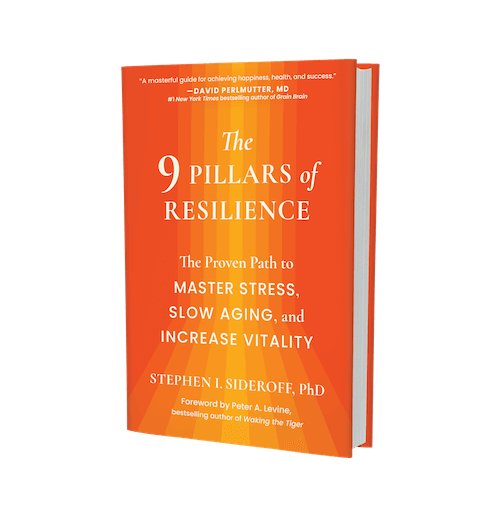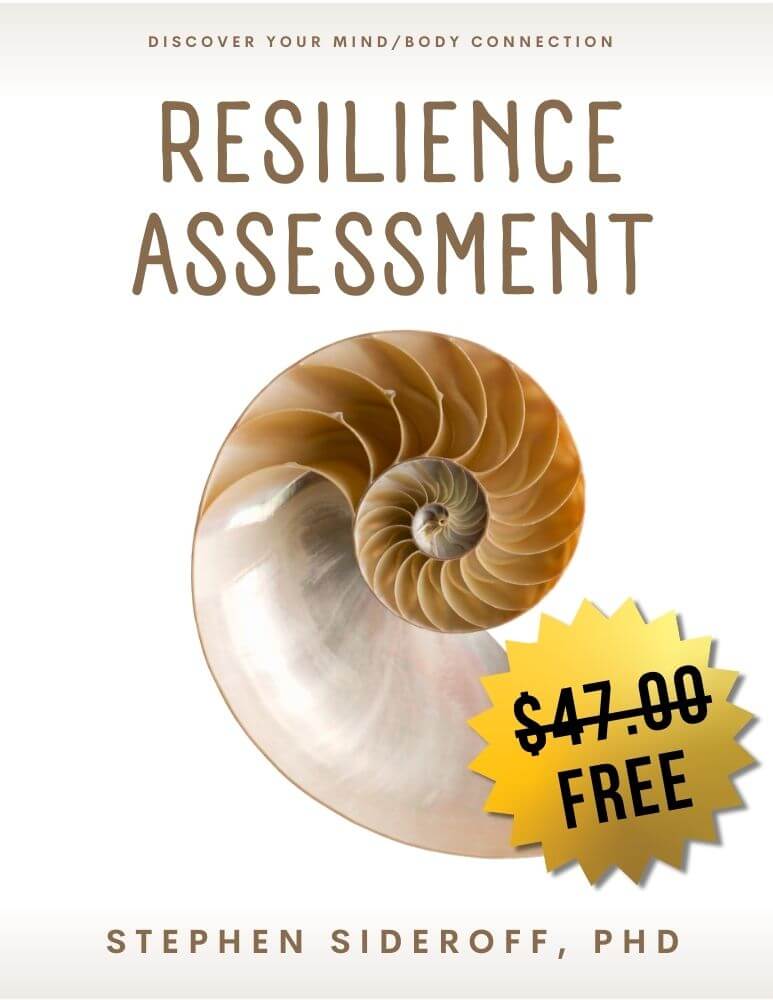Accepting your present circumstances is only accepting reality. Every time you get angry with yourself for not performing better than you do, you undermine your growth. You are telling yourself that you are not OK, not good enough. This hurts your credibility with yourself and makes you less sure of yourself, making it more difficult for you to try new behaviors. I’m not suggesting that acceptance means being satisfied with where you are or that you are not going to get better or do better. It’s simply an acknowledgment of fact: “This is where I am right now, at this moment, with all my flaws. I do want to continue to grow and get better, but here is where I currently am.” So, if you keep making mistakes or keep losing or misplacing things, that is who you are right at this moment: someone who has difficulty paying attention and being present.
By coming from a place of acceptance, you are being most supportive of yourself. You are better able to consciously look at yourself. (When we don’t like who we are, we have greater difficulty seeing ourselves.) In fact, this is the shortest path for your optimal growth and achieving all that you want to accomplish.
You must be accepting yourself with all your warts. “Right now, this is who I am. I want to achieve greater awareness, make fewer mistakes and generally function more optimally, but this is where I am right now.” Another reason it’s important to be accepting of yourself and your circumstances is that it helps you avoid getting overwhelmed by all of the problems you face or the massive changes you feel you need to make in order to be successful.
If you are one of the many who are discouraged by all the changes you feel you have to achieve before you can experience relief—or simply acceptance. The sense is that you’re in a hole—perhaps you even feel you have dug this hole yourself. This perspective has you putting life on hold until you get out of the hole. Accepting where you are is a helpful breather for the moment in time and place. It gives you the ability to gain a sense of progress.
Dr. Stephen Sideroff is an internationally recognized expert in resilience, optimal performance, addiction, neurofeedback and alternative approaches to stress and mental health. He is Assistant Professor in the Department of Psychiatry & Biobehavioral Sciences at UCLA’s School of Medicine, as well as the Director of the Raoul Wallenberg Institute of Ethics. www.drstephensideroff.com


